Journalism should be viewed as a modern cultural industry.
According to National Assembly Deputy Bui Hoai Son, Resolution No. 57-NQ/TW of the Politburo has identified the development of science, technology, and innovation as one of the strategic breakthroughs. In this context, scientific journals need to be given their proper place and have a suitable, separate mechanism. Currently, the draft includes "scientific journals" under regulation, but it remains general and lacks specific provisions.
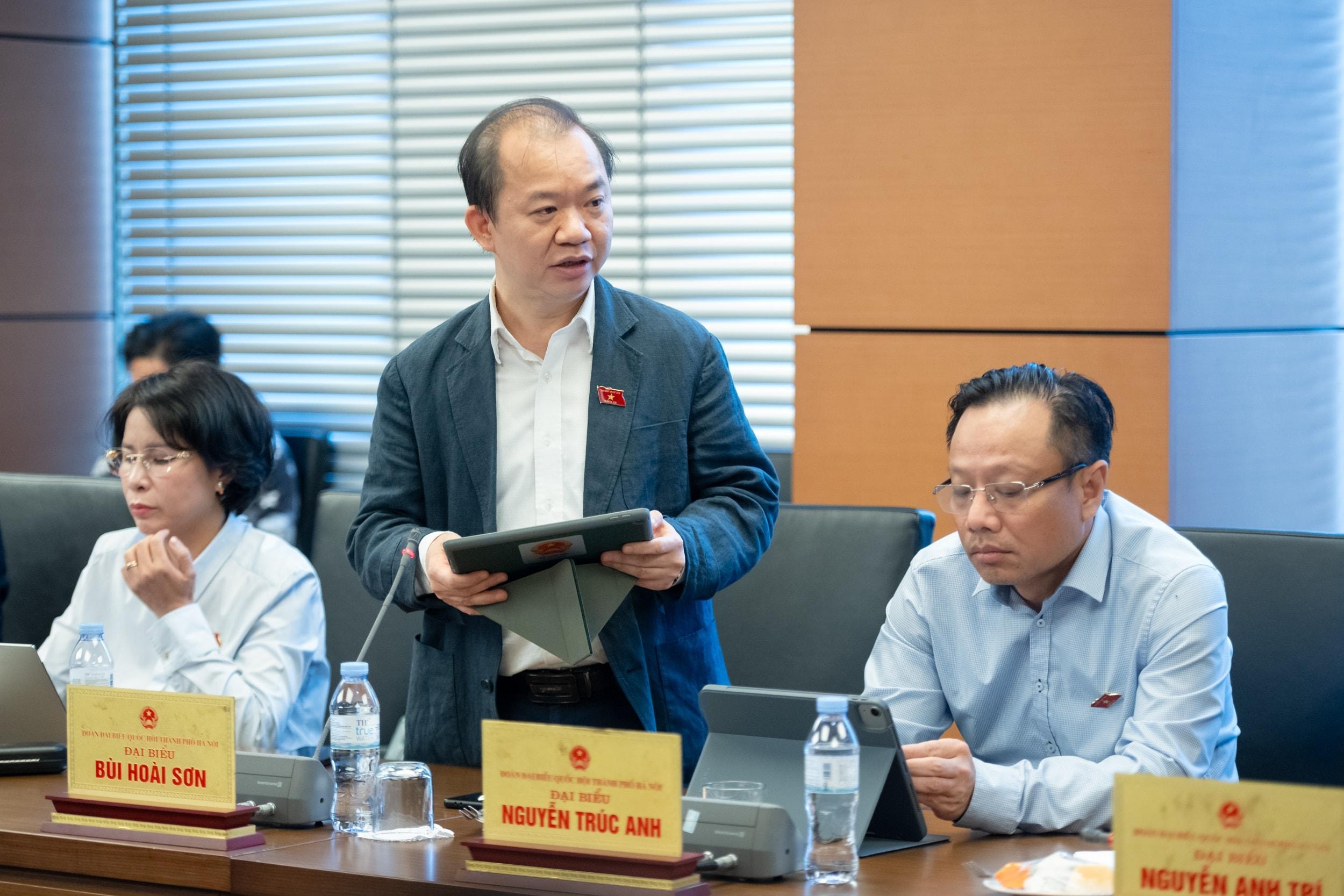
Delegates suggested a clear distinction should be made between scientific journals whose mission is to publish research results and critique policies, and specialized journals whose mission is to disseminate applied information. For scientific journals, there needs to be a more favorable mechanism regarding licensing, financial autonomy, multilingual publication, and international publication, considering this a crucial channel for connecting the innovation ecosystem and improving the quality of scientific publications in Vietnam.
Furthermore, delegates also proposed supplementing the digital transformation policy for scientific journals, including: building a digital database, assigning international identification codes, and encouraging linkages with prestigious journals worldwide , creating a foundation for Vietnamese scientific journalism to integrate more deeply into the global community.
Regarding Article 3, Section 15 of the draft regulations, it stipulates that magazines "only update news and events related to the activities and fields of operation of the managing agency." Delegates argued that this regulation is not in line with current practice, as many magazines still reflect political, economic, and social issues, disseminating messages, policies, and major decisions of the Party and State. Therefore, a more appropriate regulation is needed to better suit the current realities of journalistic practice.
Referring to foreign affairs journalism, delegate Bui Hoai Son cited Resolution No. 59-NQ/TW, which emphasizes the need to improve the quality and effectiveness of comprehensive international integration. In the context of global information competition, foreign affairs journalism needs to be given due attention and investment.
Delegates suggested that the amended Press Law should place greater emphasis on the role of foreign press in promoting the national image. Specifically, it should encourage the development of multilingual press, radio, and television channels, especially in English and the languages of neighboring countries.
Promote decentralization and delegation of power.
According to National Assembly Deputy Bui Hoai Son, the trend of decentralization, delegation of power, and streamlining of the administrative apparatus is currently being promoted. The draft Law stipulates that provincial People's Committees are responsible for state management of local press, but the authority and responsibility of provincial People's Committees in coordinating the management of representative offices and resident reporters of central press agencies need to be clarified. Therefore, the deputy proposed expanding the authority of localities in licensing certain publications, supplements, and special features; and at the same time, strengthening inspection and supervision of press activities in the area, helping the press to accurately reflect reality and reducing the burden on central management agencies.
Regarding the economic model of journalism, given the lack of private media in our country, it is necessary to emphasize the mechanism of commissioning and bidding for public tasks and targeted public investment, linked to the "three easy" economic and technical standards: easy to understand, easy to apply, and easy to implement. This is a crucial resource for journalism to fulfill its political mission, especially in remote areas, border regions, islands, and in the field of foreign affairs.
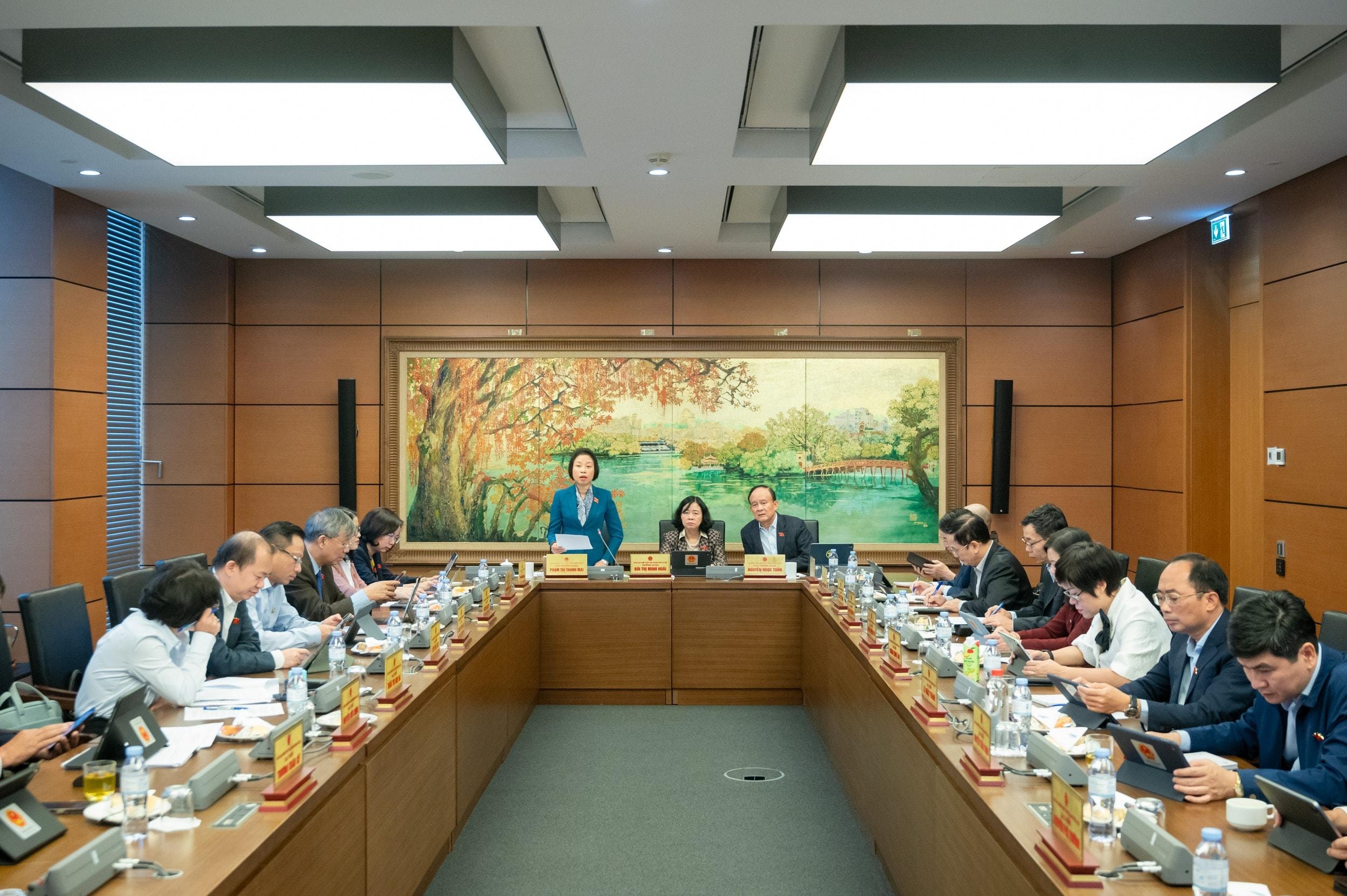
In addition, National Assembly Deputy Bui Hoai Son suggested expanding the legal framework for linkages, socialization, and public-private partnerships in journalism, while also implementing preferential policies on taxes, land, and credit for media agencies and their partners when organizing cultural activities and community events. However, a strict control mechanism needs to be established to prevent commercialization and deviation from the core principles and objectives.
According to National Assembly Deputy Bui Hoai Son, the draft Law on Journalism (amended) should be viewed not only as a legal framework for journalistic activities but also as a driving force for the development of journalism as a modern cultural industry. According to the Deputy, journalism today is not only an ideological tool and a forum for the people, but also a creative product with cultural and economic value, linked to other cultural industries such as music, film, advertising, publishing, and broadcasting. When placed within the ecosystem of cultural industries, journalism can create a value-added chain, serving both political objectives and contributing to promoting the national image.
Delegates emphasized that the amended Press Law needs to include clear mechanisms and policies to enable the press to operate as a cultural industry, ranging from financial mechanisms based on commissioned and tendered public tasks; policies to promote innovation, the application of digital technology, artificial intelligence, and big data; to expanding foreign press coverage, developing multilingualism, and forming a modern and efficient press group model.
National Assembly Deputy Bui Hoai Son believes that the draft Law on Journalism (amended) has been meticulously and seriously prepared. However, for the law to truly become an important legal tool to promote journalism in the digital age, it is necessary to further strengthen the institutionalization of policies for scientific journals associated with innovation; enhance the role of foreign and multilingual journalism in international integration; build a cultural industry ecosystem for journalism; clarify the decentralization and delegation of power to localities; and perfect the economic mechanism of journalism to suit the conditions without private media.
"With these adjustments, I believe that the amended Press Law will contribute to building a professional, humane, and modern revolutionary press in Vietnam; meeting both domestic information needs and affirming Vietnam's position on the international stage," emphasized National Assembly Deputy Bui Hoai Son.
More specific regulations regarding the revocation of press operating licenses.
Commenting on the draft Law on the Press (amended), National Assembly Deputy Le Nhat Thanh suggested that the regulations on revoking press operating licenses need to be more specific. Specifically, Clause 1, Article 20 of the draft states, "If a press agency has a press operating license but does not operate, the license becomes invalid." Regarding this, the deputy proposed clarifying "the duration of inactivity" before the license becomes invalid to ensure transparency. Furthermore, a principled regulation should be added concerning cases where press agencies must temporarily suspend operations due to objective reasons (organizational restructuring) or force majeure (epidemics, etc.). In these cases, the duration of the suspension should not be considered a basis for determining the license's invalidity, thus avoiding unnecessary administrative procedures.
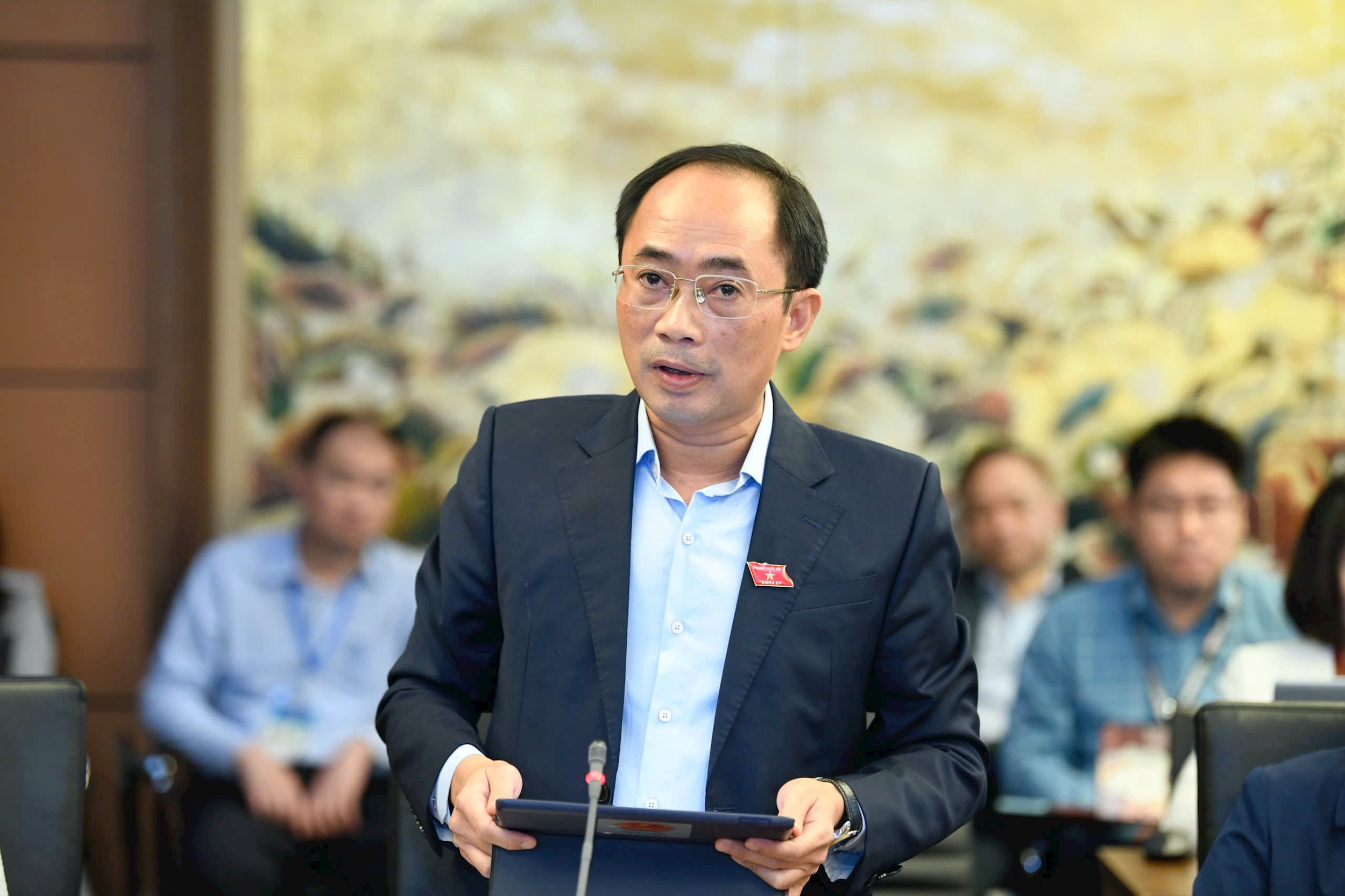
According to the draft law, those working at scientific journals are not eligible to be issued journalist cards (point e, clause 1, Article 29). Representatives argued that this regulation differs from the 2016 Press Law and could lead to inequality between those working at scientific journals and those working at other types of journals.
In reality, those working at scientific journals also engage in activities such as collecting, processing, analyzing information, and transmitting knowledge to the public – essentially journalistic activities. Furthermore, Clauses 2 and 16 of Article 3 of the draft define scientific journals as "journalistic products," therefore, those who create content for these journals are also considered journalists. Based on these grounds, the representative suggested that the drafting agency continue to research, evaluate, and consider maintaining the current regulation on issuing journalist cards to those working at scientific journals as stipulated in the 2016 Press Law.
Regarding copyright in the field of journalism (Article 39), the draft Law essentially inherits current regulations, requiring media organizations to comply with the law on copyright and related rights when publishing or broadcasting journalistic works. However, delegates argued that this regulation only cites existing provisions and does not clarify the legal responsibilities of media organizations, especially in the context of the increasingly widespread application of artificial intelligence (AI).
Therefore, National Assembly Deputy Le Nhat Thanh suggested that the drafting committee should research and add specific regulations on the responsibility of media agencies in controlling the origin and legality of journalistic works, including when using AI to support content creation.
Source: https://daibieunhandan.vn/xay-dung-nen-bao-chi-cach-mang-viet-nam-chuyen-nghiep-nhan-van-hien-dai-10392634.html


![[Photo] Prime Minister Pham Minh Chinh holds a phone call with the CEO of Russia's Rosatom Corporation.](/_next/image?url=https%3A%2F%2Fvphoto.vietnam.vn%2Fthumb%2F1200x675%2Fvietnam%2Fresource%2FIMAGE%2F2025%2F12%2F11%2F1765464552365_dsc-5295-jpg.webp&w=3840&q=75)




![[Photo] Closing Ceremony of the 10th Session of the 15th National Assembly](/_next/image?url=https%3A%2F%2Fvphoto.vietnam.vn%2Fthumb%2F1200x675%2Fvietnam%2Fresource%2FIMAGE%2F2025%2F12%2F11%2F1765448959967_image-1437-jpg.webp&w=3840&q=75)
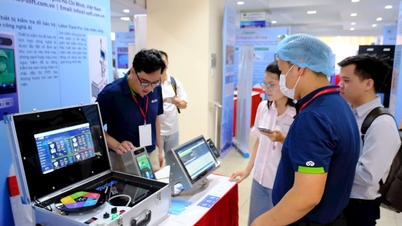

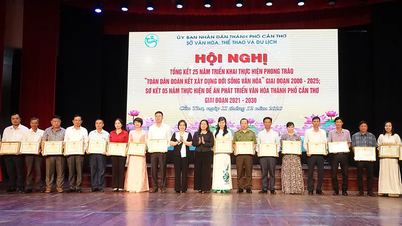

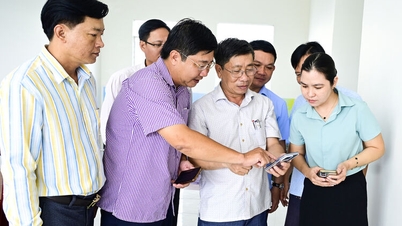

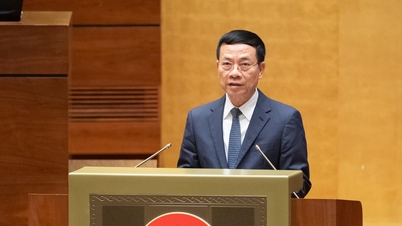
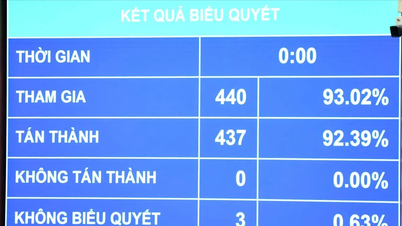




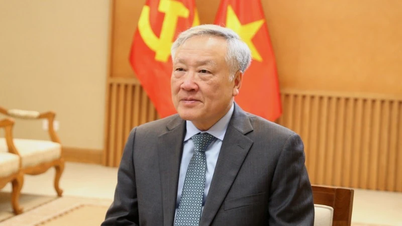




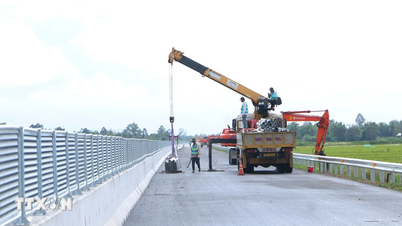





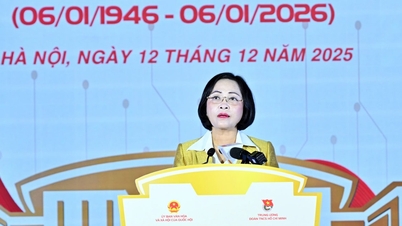








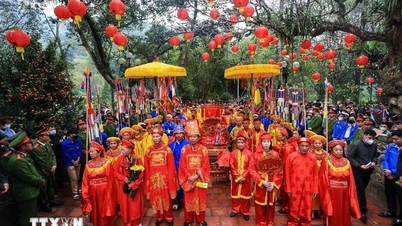



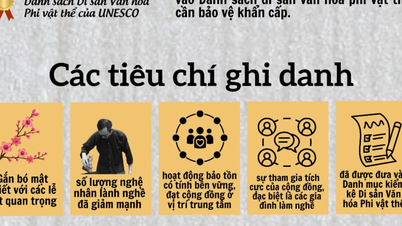









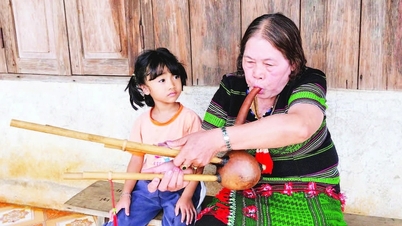
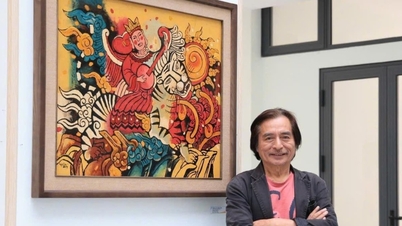





















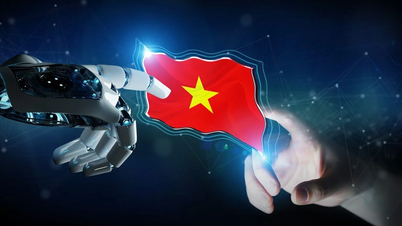
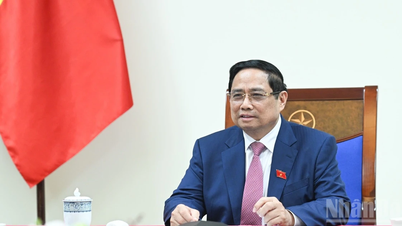
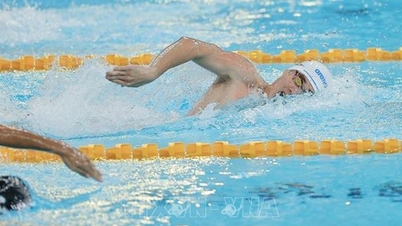



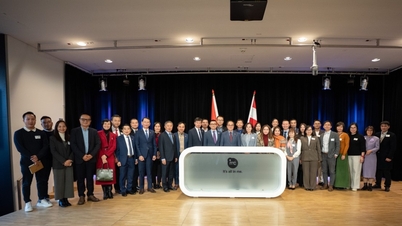











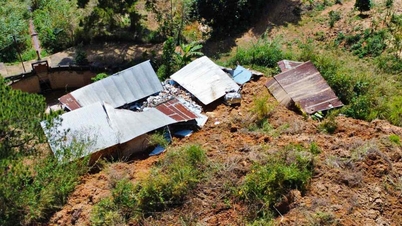














Comment (0)